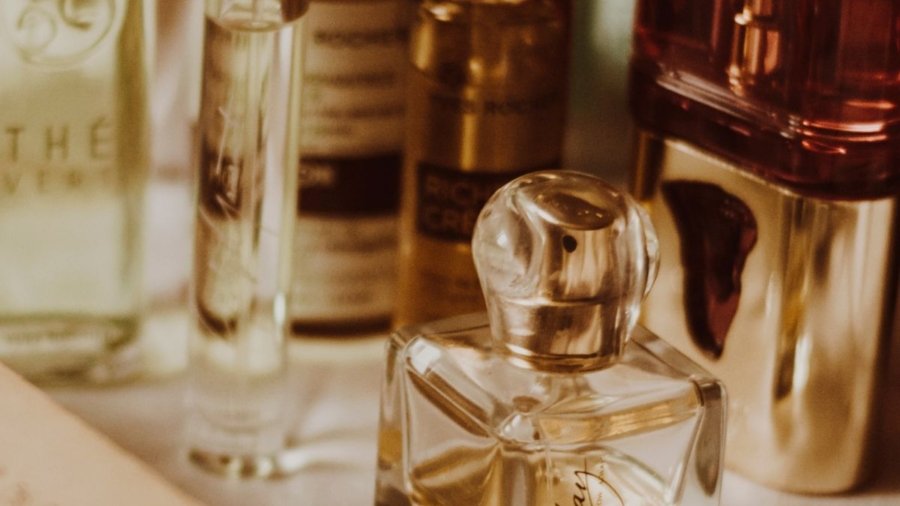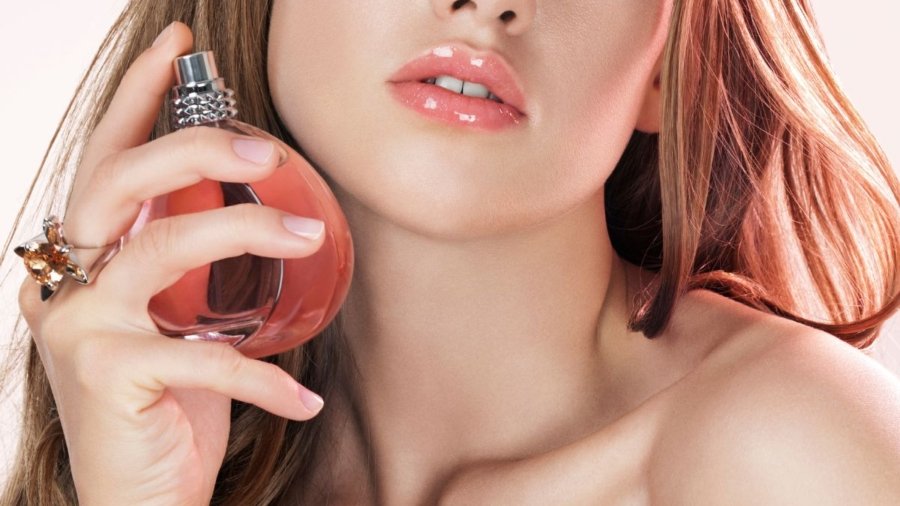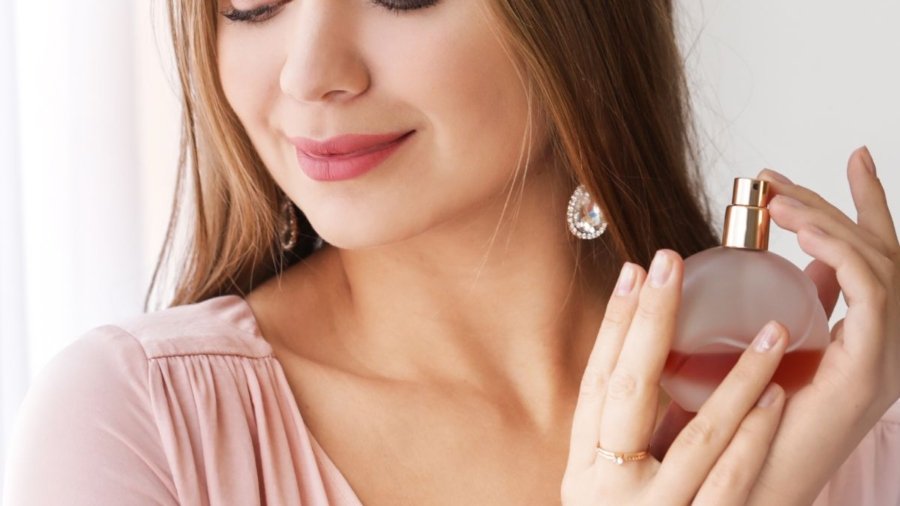Perfume has been an integral part of human culture since time immemorial. From religious rituals to everyday use, fragrances have accompanied people in their daily lives. In this article, we will explore the fascinating history of perfume, from its origins in antiquity to the modern trends that dominate the current market.
Antiquity
The earliest records of perfume use date back to ancient civilizations in Egypt, Mesopotamia, and India. The Egyptians, for instance, used essential oils and aromatic resins in religious ceremonies and to embalm their dead. The famous queen Cleopatra was known for her love of fragrances, and it is said that she used perfumes made from exotic ingredients.
In Mesopotamia, the Babylonians and Assyrians also employed fragrances in their rituals and daily life. The first formulas for perfumes were documented on clay tablets, which described the mixing of flowers, spices, and resins.
Evolution
As civilizations advanced, so did the art of perfumery. In ancient Greece, perfume became a symbol of status and beauty. The Greeks began to perfect distillation techniques, allowing them to extract essences from flowers and herbs more efficiently.
During the Renaissance in Europe, perfume took on a new dimension. The French court, in particular, became a center of innovation in perfumery. The creation of complex fragrances and the introduction of new production techniques led to the popularity of perfumes throughout Europe.
Modern Trends
The 20th century brought a revolution in the perfume industry. The introduction of synthetic fragrances allowed perfumers to experiment with a variety of aromas that were previously impossible to obtain. Iconic brands such as Chanel, Dior, and Guerlain began launching perfumes that became timeless classics.
Today, the personalization of perfumes is a growing trend. More and more people seek unique fragrances that reflect their personality and lifestyle. Perfume houses offer personalized experiences where customers can create their own fragrance from a variety of ingredients.
Conclusion
The history of perfume is a fascinating journey that spans thousands of years and diverse cultures. From its humble beginnings in antiquity to its current status as an essential element of personal identity, perfume remains a powerful form of expression. As we move into the future, it is likely that the art of perfumery will continue to evolve, offering new fragrances and experiences that captivate our senses.


 Cart is empty
Cart is empty 


